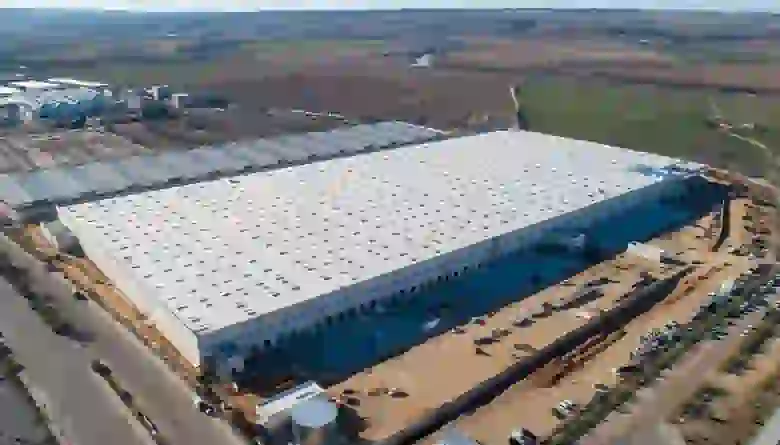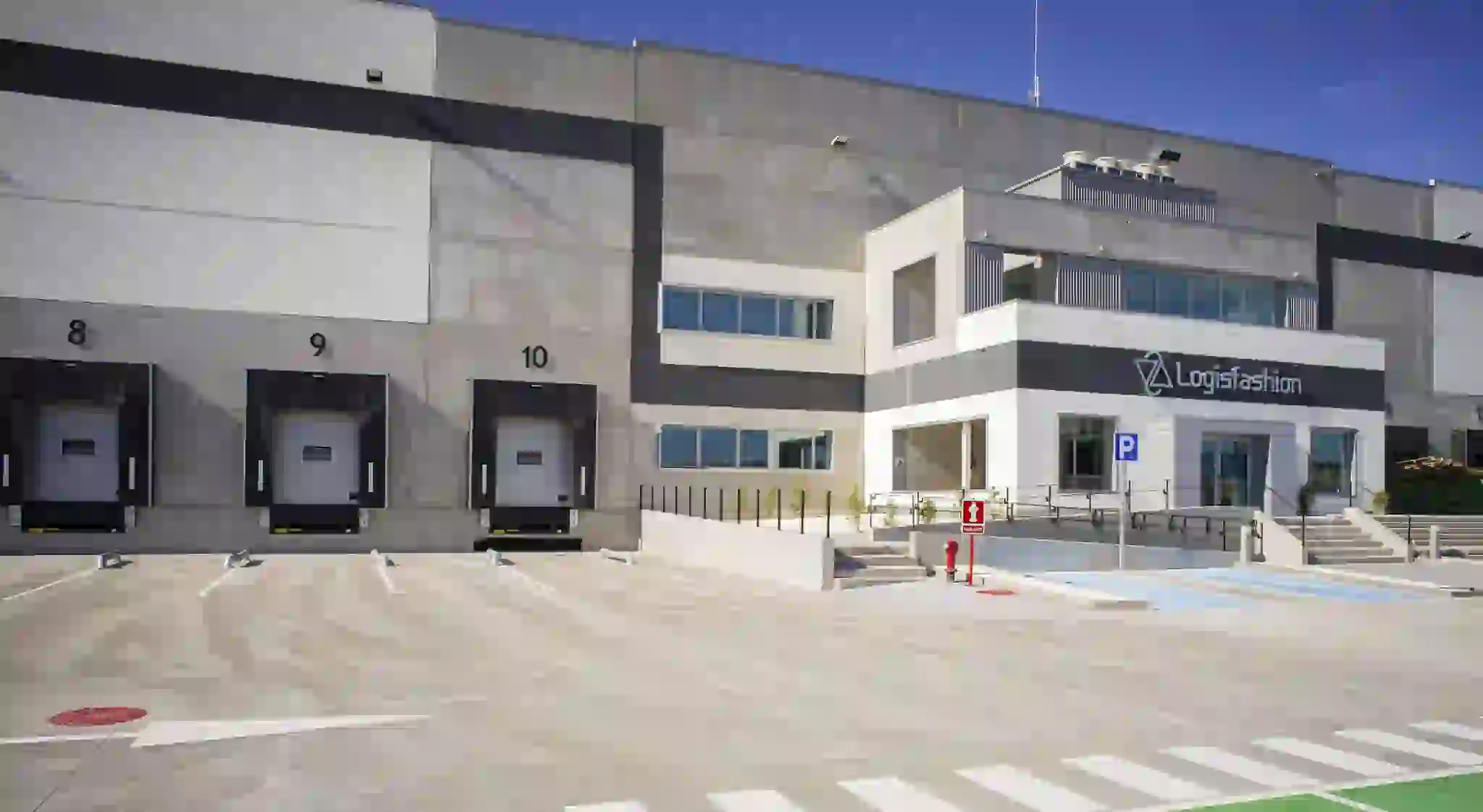It is becoming more and more of a priority. And it is very present in the business strategies of companies in all sectors, because sustainability helps the planet and encourages companies to do their bit in achieving their environmental and work equality goals, as well as reducing their carbon footprint. At the same time, companies also seek to meet the requirements of consumers, which are increasingly aware of the protection of our environment. A scenario that is no stranger to logistics or e-commerce logistics.
In companies like Logisfashion, we increasingly take sustainability into account in our entire value chain. We are concerned about environmental protection and, therefore, we have included it in our code of ethics. Because for years we have been seeking efficiency in our facilities as a first step to guarantee to our clients the reduction of emissions and waste. Our commitment to our teams and our clients is clear in this regard.
Sustainability certifications such as LEED (Leadership in Energy and Environmental Design) are the endorsement our centres need to certify our commitment to sustainability by accrediting:
- the use of 25% less energy,
- 34% lessCO2 emissions
- and 11% less water consumption

At Logisfashion, we have these certifications in our most modern centres and strive to be able to expand them to all our facilities:
- In Spain: the centres of Ontígola I and II and the large centre in the industrial estate of Toledo have the LEED Silver certification, which recognises the effort and resources allocated towards its construction to be healthy, respectful facilities that favour the quality and comfort of the workers themselves.
- Cabanillas III has LEED Gold certification, which certifies its environmental leadership and guarantees energy reduction, with direct effects on lower operating costs, CO2 emissions and water consumption.
- For its part, Cabanillas I has installed photovoltaic panels that reduce its energy consumption.
- And in Mexico, the new fulfilment centre in Mexico City, opened in 2020, also has the environmental seal and LEED Silver certification.
We are talking about the most used certification to determine sustainable buildings around the world. Developed in 1993 by the US Green Building Council, it has already spread to the rest of the globe. For example, Mexico, Chile and Colombia are three of the countries in Latin America with the most square metres of LEED-certified buildings, while Spain has more than 300 companies that have a LEED Registered Building or which have achieved certification.
These LEED certifications, based on scientific standards, assess aspects such as storm water management, reduced light pollution, reduced indoor and outdoor water consumption, optimisation of energy performance, collection of recyclable products, or even whether or not sustainable vehicle facilities, including bicycles, are available.
Other sustainable actions are changing traditional lighting for LED; modernising air conditioning, ventilation and heating systems to reduce energy consumption; committing to automation to reduce incidents and increase efficiency; using electric vehicles to transport cargo effectively and generate fewer emissions and, of course, always taking location into account.
Logisfashion’s centres are located near main access roads and urban centres, with the aim of saving transport at every step of the distribution process.

Good practices to be sustainable
At Logisfashion, we have a manual of good practices in which we determine a number of requirements that need to be taken into account in order to continue advancing on the path to sustainability. Among them it is worth highlighting:
- Optimising the layout:
* Reducing the working distances of the machines
* Decreasing the number of movements of goods and personnel
- Optimising the machine park and checking its consumption
- Taking care of the cleanliness and order of the centres
- Reusing pallets and packaging
- Properly separating the waste created
Preventive maintenance is also necessary to ensure the efficiency of the equipment and all elements of the facility, to establish safety protocols for the handling of batteries and other polluting liquids and to properly treat hazardous waste. Industrial maintenance is the action that can most contribute to reducing the risks of environmental impact, since it guarantees the reliability of the equipment and is where a large number of operations are carried out that can cause damage.
Requirements that have to be assumed to be responsible with the environment and our society.

